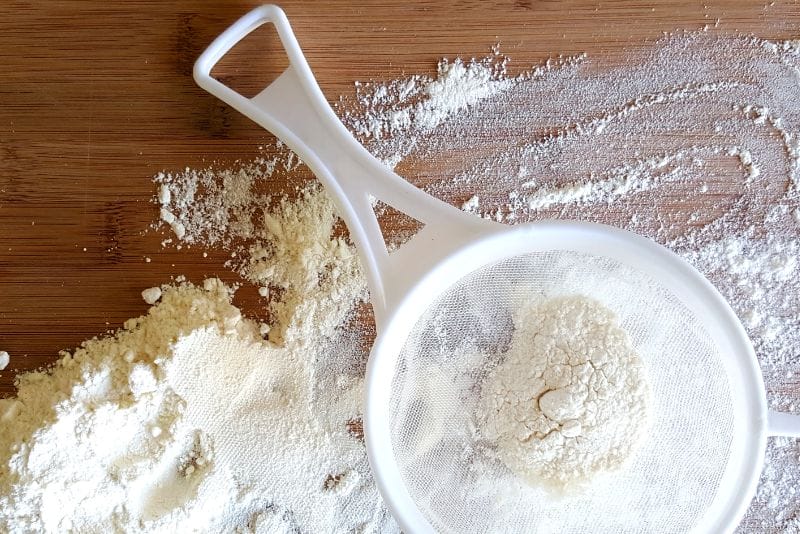QUINCY, MA — Bay State Milling is selling a secret weapon for bakeries looking to boost the fiber content of their products without compromising on taste or texture.
The Quincy, MA-based company manufactures HealthSense, a high-fiber flour made from a non-GMO variety of wheat with a much higher prebiotic fiber content that traditional wheat. The resulting flour contains up to 10 times the fiber of traditional refined wheat flour, allowing bakeries to cater to health-conscious consumers without compromising their formula quality.











